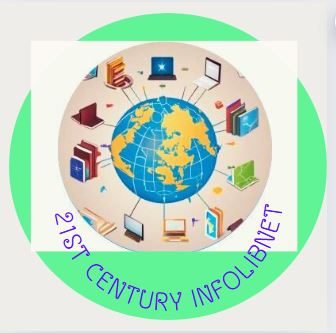
Introduction:
The concept of autonomizing universities raises important questions about the balance between academic freedom and privatization in higher education. While academic freedom is crucial for the pursuit of knowledge and the development of critical thinking, the increasing influence of private companies in university operations has raised concerns about the potential erosion of academic values. This blog post aims to explore the challenges and implications of autonomizing universities, considering both the preservation of academic freedom and the risks associated with privatization.
Academic Freedom and Autonomy:
1. Academic freedom: Academic freedom is the principle that allows scholars to pursue research, teaching, and public expression without interference or censorship. It encompasses the rights of professors to explore controversial topics, challenge prevailing ideas, and contribute to public discourse [1].
2. Autonomy of universities: University autonomy refers to the independence of higher education institutions in decision-making processes, governance, and academic affairs. It enables universities to shape their educational programs, research agendas, and policies based on their own values and expertise [1].
3. Threats to Academic Freedom:
Granting autonomy to universities does not guarantee the preservation of academic freedom. In some cases, external political forces can undermine academic freedom by suppressing faculty and student voices, imposing restrictions on research topics, and interfering with the hiring and firing of faculty members [1].
Privatization in Higher Education:
Privatization and Autonomy:
Autonomizing universities can also lead to concerns about privatization. When universities become more autonomous, they may rely increasingly on private funding sources, which can influence research agendas and limit academic freedom. Private donors or corporations may seek to shape the direction of research or prioritize certain fields over others, potentially compromising the integrity and independence of academic inquiry [1].
1. For-profit online education corporations: Companies like Academic Partnerships, Kaplan, Wiley, Pearson, and Blackboard contract with universities to provide digital platforms, recruit students, manage enrollment, and develop course materials [2].
2. External companies in online education: Many public colleges and universities rely on external companies, such as online program managers (OPMs), learning management systems (LMSs), and for-profit colleges, to facilitate their online offerings [2].
3. Concerns about privatization: The increasing reliance on private companies in higher education raises concerns about the potential commodification of education, the influence of profit motives on academic decision-making, and the erosion of academic values and standards [2].
Balancing Academic Freedom and Privatization:
While autonomy is important for universities to thrive, it must be balanced with accountability. Universities should remain accountable to the public interest, ensuring that their actions align with societal needs and values. This includes maintaining transparency in decision-making processes and upholding ethical standards in research and teaching [2].
1. Preserving academic freedom: Universities must ensure that academic freedom is protected and upheld, regardless of external influences. This includes safeguarding the rights of faculty members to pursue research, teach, and express their opinions freely, both within and outside the university [1].
2. Maintaining institutional autonomy: Universities should strive to maintain their autonomy in decision-making processes, curriculum development, and research agendas. This allows them to prioritize academic values and the pursuit of knowledge over external pressures [1].
3. Responsible partnerships: When engaging with private companies, universities should establish clear guidelines and agreements to protect academic freedom and maintain control over educational content and decision-making processes. Transparency and accountability are essential in these partnerships [2].
4. Faculty involvement: Faculty members should actively participate in discussions and decision-making processes related to university autonomy and partnerships with external entities. Their expertise and perspectives are crucial in ensuring that academic values are not compromised [1].
Conclusion:
The autonomization of universities presents a complex challenge, as it involves balancing the preservation of academic freedom with the risks associated with privatization. While universities can benefit from partnerships with private companies, it is essential to establish clear guidelines and maintain transparency to protect academic values. By prioritizing academic freedom and maintaining institutional autonomy, universities can navigate the changing landscape of higher education while upholding their core mission of knowledge creation and dissemination.
Learn more:
- Neo-Nationalism, Neoliberalism, and Academic Freedom: A US Perspective | ACADEME BLOG
- Primer on Privatization in Online Higher Ed | AAUP
- Does privatizing public higher education necessarily undermine the public good?
- It Can Happen Here? | ACADEME BLOG
- Why Americans must speak up to defend university autonomy

